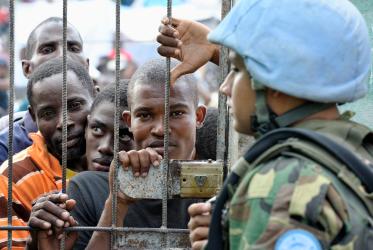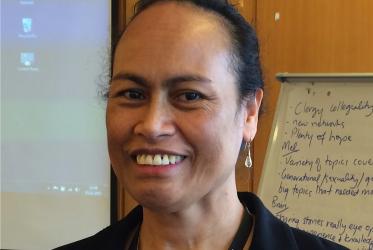Displaying 1 - 9 of 9
29 November 2023
How can you help refugees?
11 October 2018
"I hit the ground running": Katalina Tahaafe-Williams
16 February 2016
Church challenge: Welcoming "strangers" in a climate of fear
18 November 2015







